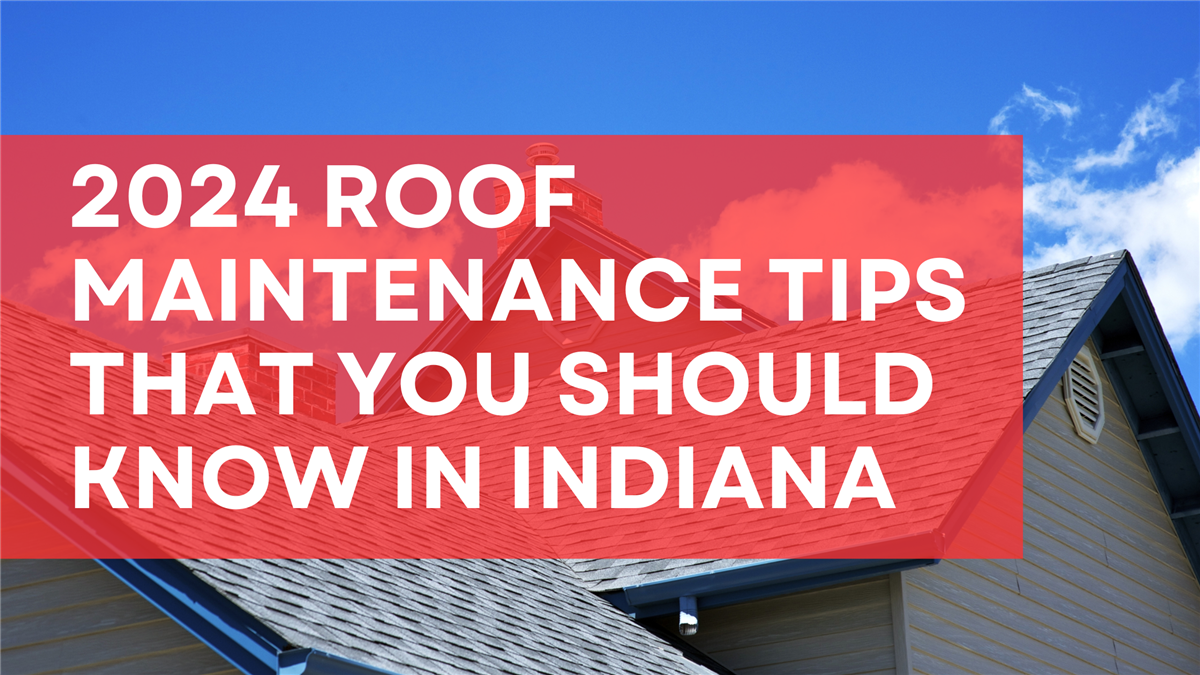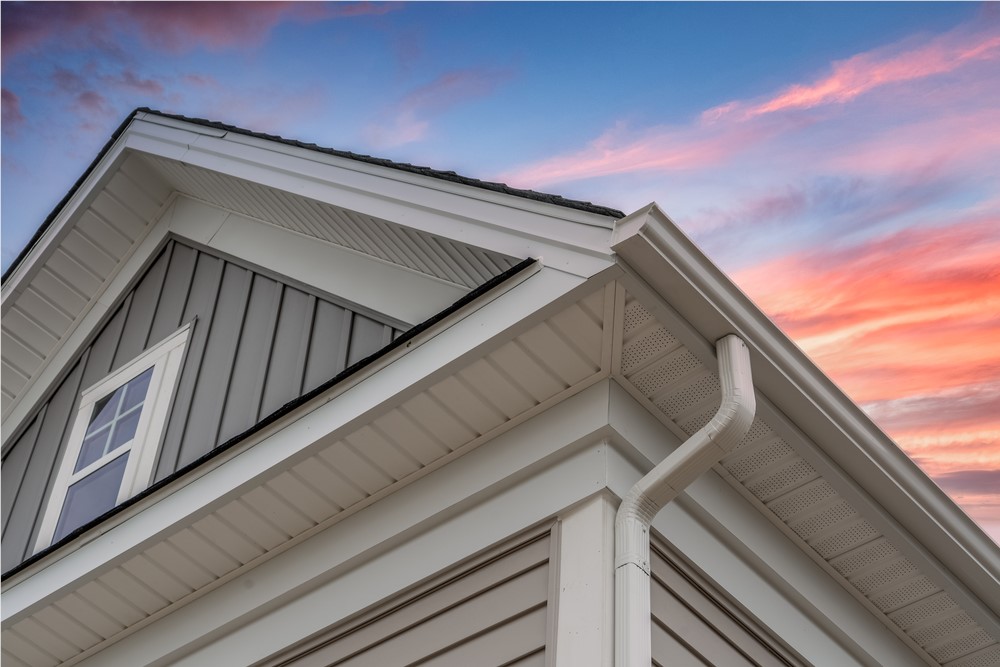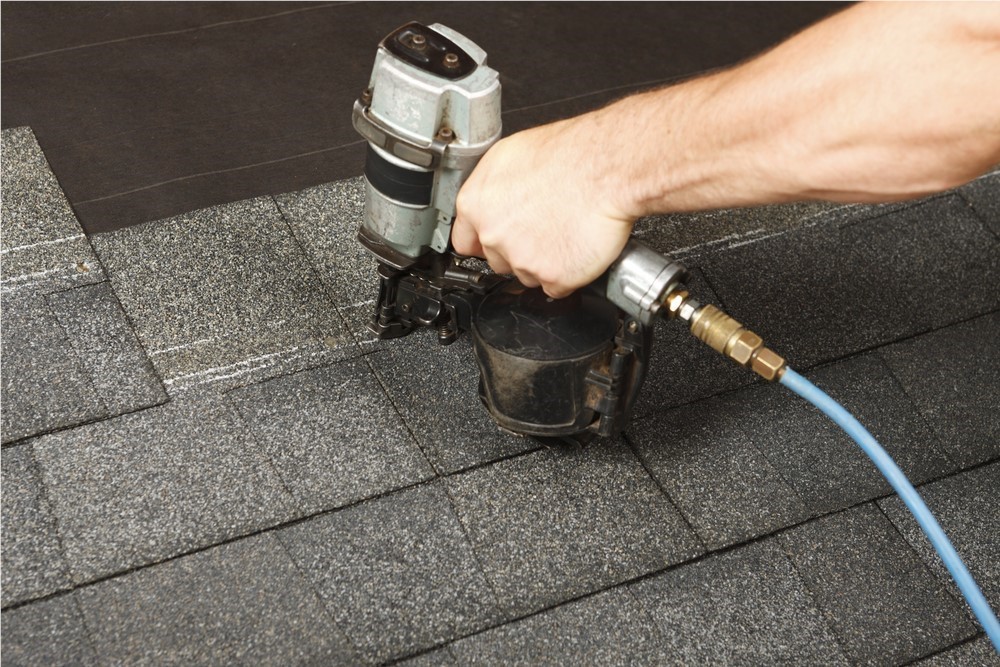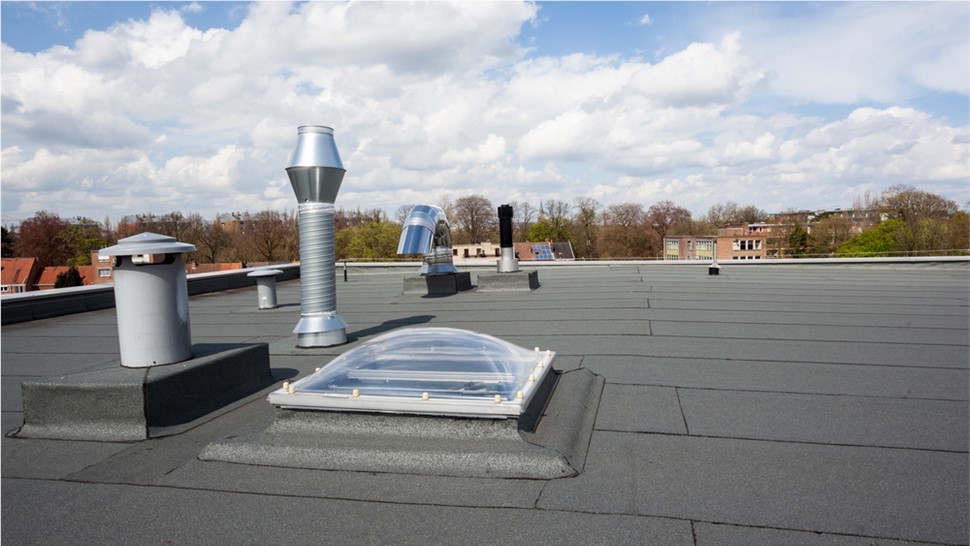How to Pick the Right Siding for Your Home
Your home's siding is the first line of defense against the elements. It keeps the rain and cold out while making sure the interior temperature stays regulated. Finding the best siding for a house depends on several factors, such as the climate or how much work you're willing to put into maintaining its appearance. Without the proper information, you could be installing siding that decreases your home's energy efficiency. Siding can also affect the worth of a house overall. If you were to sell your home with low-quality siding, it would be less appealing to those who know what to look for in siding as it will cost them more in the long run.With so many options available to homeowners today, it can be challenging to decide which type of siding material or style will suit your needs. Below are some of the key factors to consider before buying a new home or weighing the pros and cons of purchasing new siding.
Durability
Think of siding as the home's shield. Durability is a concern for every homeowner who wants their house to withstand the elements. It is vital to be well informed in order to maintain the integrity of your home. All types of siding are designed to be protective, but some will degrade faster than others based on where you live. For example, wood siding is aesthetically pleasing and robust. Still, it's prone to suffer from rot or disfiguration if kept in a climate with frequent rainfall.Versatility
Different types of siding have different levels of versatility. Some siding options, like metal siding, will be significantly more versatile than alternatives like wood or stone because it can be cast in specific shapes. Bendable or malleable materials can work best for custom homes that have unique angles and curves.Style is also a factor that may need to be considered. Materials like vinyl siding or Hardie Board siding come in a wide range of colors and designs.
Efficiency
Your siding's energy efficiency is critical to keep in mind when deciding what works best for your needs. Be sure to check the R-value rating of the siding you have picked before installing it. If the R-value rating is high, your siding effectively insulates and regulates the interior temperature, which keeps your energy costs low. A lower rating indicates it may cause your energy bill to rise due to its low efficiency when insulating the home.Cost
The price of a material is undoubtedly a deciding factor when choosing a type of siding. The cost can be considered in two ways:- The initial cost of installation
- The cost of upkeep and maintenance over years of ownership.
Tags
Subscribe to Amos Exteriors's Blog








Comments